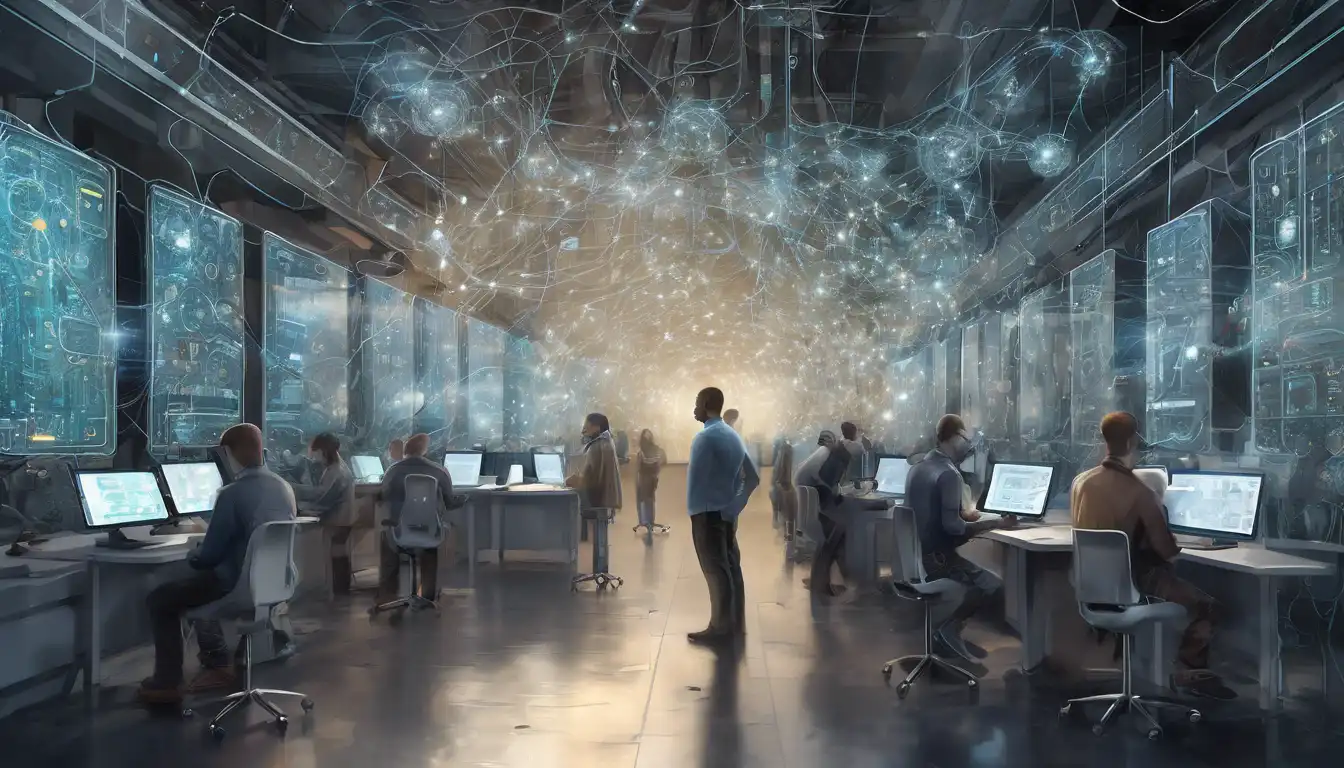The Role of Machine Learning in Customizing User Experiences
In the digital age, personalization is not just a luxury—it's a necessity. Machine learning, a subset of artificial intelligence (AI), is at the forefront of this revolution, enabling technologies to adapt to individual user preferences and behaviors. This article explores how machine learning is personalizing technology, making every interaction more relevant and engaging for users worldwide.
Understanding Machine Learning
Machine learning is a method of data analysis that automates analytical model building. It is a branch of artificial intelligence based on the idea that systems can learn from data, identify patterns, and make decisions with minimal human intervention. This capability is what makes machine learning so powerful in personalizing technology.
Personalization Through Machine Learning
From streaming services like Netflix and Spotify to e-commerce giants like Amazon, machine learning algorithms analyze your behavior to recommend products, movies, or music you might like. This level of personalization enhances user satisfaction and engagement, leading to increased loyalty and revenue for businesses.
- Streaming Services: By analyzing your viewing or listening history, machine learning algorithms can predict what you might want to watch or listen to next.
- E-commerce: Machine learning helps in recommending products based on your browsing and purchase history, making shopping more personalized and convenient.
- Social Media: Platforms like Facebook and Instagram use machine learning to curate your feed based on your interactions, ensuring you see content that's most relevant to you.
Challenges and Considerations
While machine learning offers numerous benefits in personalizing technology, it also presents challenges. Privacy concerns are at the top of the list, as personalization requires collecting and analyzing vast amounts of user data. Ensuring this data is handled securely and ethically is paramount.
Another challenge is the risk of creating echo chambers, where users are only exposed to information and opinions that align with their own. This can limit exposure to diverse perspectives and ideas.
The Future of Personalization
As machine learning technology continues to evolve, the potential for even more personalized and intuitive technology grows. Future advancements could lead to technologies that anticipate user needs before they even express them, further blurring the line between human and machine interaction.
For businesses looking to stay ahead, investing in machine learning and personalization technologies is no longer optional—it's essential. By leveraging these tools, companies can create more engaging, relevant, and personalized experiences for their users.
For more insights into how AI is transforming industries, check out our article on AI Transforming Industries.
